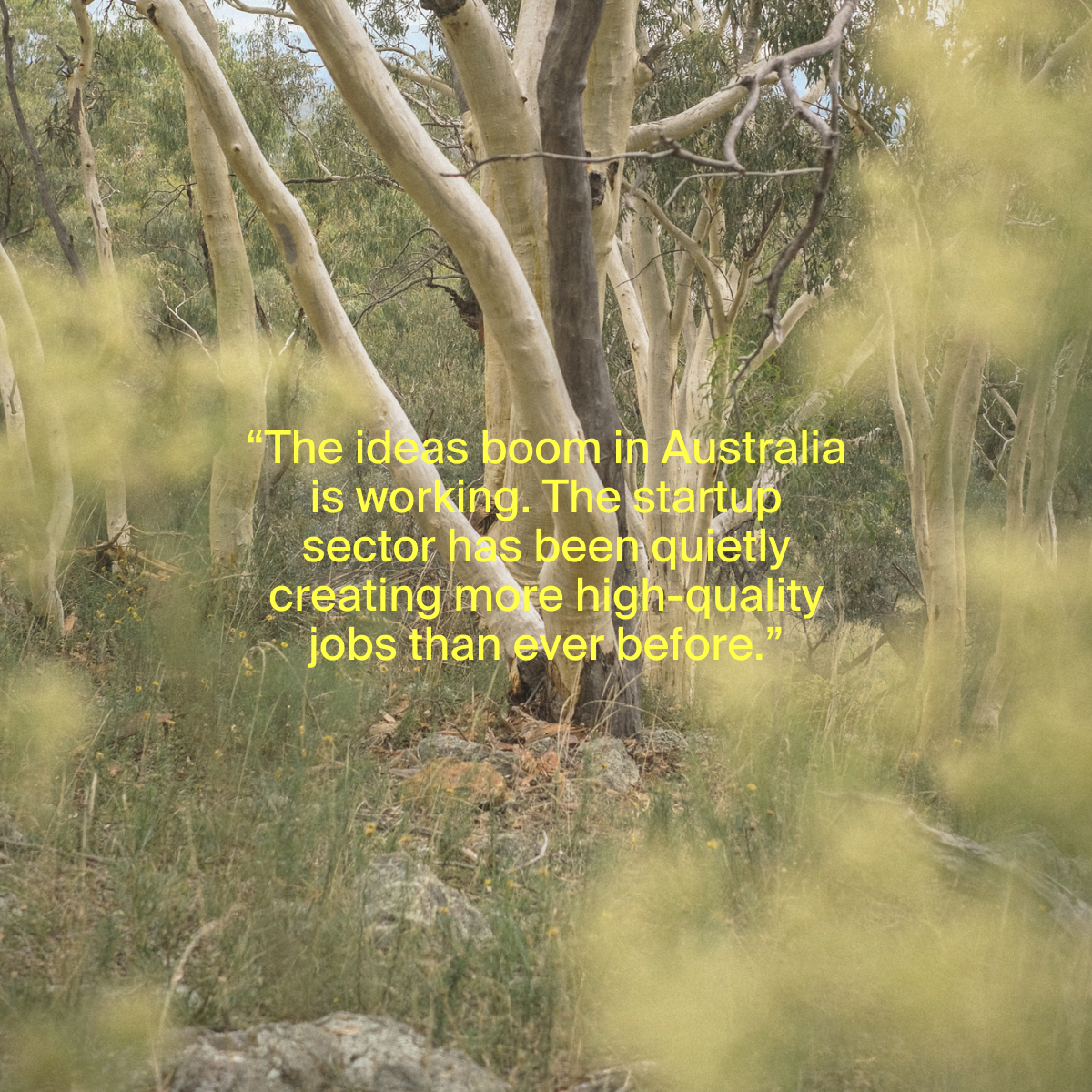We created the Airtree Explorer program to find and nurture the next generation of angel investors in ANZ, with a specific focus on bringing diversity to an old-school industry.
We’re all about democratising access to information to grow and support the whole startup ecosystem, so we decided to open source some key insights from the Explorer program.
This is our third piece in the series, following Angel Investing 101 and A guide to deal sourcing for angel investors.
Below, we’ll explore how to perform due diligence, including:
- Why you shouldn’t boil the ocean on DD for a seed-stage company
- Three categories you should focus on
- DD Do’s and Don’ts
Team, dream and PMF
The very best angel investors are known for their speed and conviction. That’s why it’s important to ensure your due diligence is stage appropriate; don’t boil the ocean for a seed-stage company.
At seed-stage, sometimes there’s a product, sometimes there isn’t; often there’s just a vision, mission and team with a specific insight. You can break due diligence up into three categories at this stage: team, market opportunity and product market fit. Some questions you should ask yourself:
Team
Big question: Are you excited to work with this team?
- Would I work for this person?
- Are they outliers? To what extent?
- Is there a reason why this founding team is uniquely skilled/positioned to solve this problem?
- Does the team cover product, technology and growth knowledge? Are their skill sets complementary?
- How have they demonstrated determination in their past?
- What insight do they have into the market, and how have they earned that insight?
- Can they sell (customers, employees, investors)?
Market opportunity
Big question: Why now?
- Is the problem big and urgent enough?
- Are there enough people with this problem (now or in the future)?
- Do they have the ambition to build something big?
- Is there a category of product that they can win?
Product-market fit
Big question: How upset would their users be if the startup disappeared tomorrow?
- How are customers behaving? (Look at retention curves)
- Are customers expanding? Do they refer others and sign up because of word of mouth?
- Do customers rave about it when you speak to them? If they have NPS scores, are they good?
- What’s their sales cycle?
DD Dos & Don’ts
.png)
- Don’t focus on what can go wrong—everything can and probably will go wrong in a startup. Do focus on what can go right.
- Don’t take too long. Good deals move fast and deals that wait for you to turn over every possible rock probably aren’t that good. Do move fast, focus on what matters at this stage (team and dream). Focus on asking the few questions that actually matter, and skip the ones that you’d like to know the answer to, but probably won’t change your decision.
- Don’t obsess about what big tech competition (e.g. Google and Amazon) could do. Do remember that while they can build it, there are a million things they could do, and they don’t do most of them.
- Don’t forget that markets change and new markets can get much bigger quickly. Do remind yourself of this regularly.
- Don’t focus only on revenues (they’re a very blunt proxy for product-market fit) or rely on spreadsheets to model a business that’s inherently unpredictable. Do look for better proxies for product-market fit (e.g. organic growth and retention).
- Don’t focus on patents/IP protection for defensibility (other than in very limited circumstances). Do look for defensibility elsewhere (team, insights into the market, network effect, speed).
- Don’t ask for ridiculous terms, you’re not on shark tank. Do stick with the market standard (see our open source term sheet).
Red flags
When a founder says:
- We have no competition: This means they haven’t done enough research into their market or they’re lying to you, both of which are worrying signs.
- We need to know immediately: Usually not a great sign because you always have time, especially for people that you really want to work with.
If they:
- Are an argumentative founder
- Lack market statistics
- Use deceptive comments (e.g. “[VC] has committed to us already”, but they don’t have proof)
Ultimately, DD (at this stage) is a balancing act of data and gut feel. It’s easy to talk yourself out of anything when it comes to committing a large sum of money, so relying on data points (qualitative and quantitative) is important as you hone your gut from experience and become less scared of potential downsides over time.
Disclaimer: This article contains general information only, and does not constitute legal, financial or tax advice, nor does it take into account your personal circumstances. You should always seek independent professional advice before acting on any information in this article.








